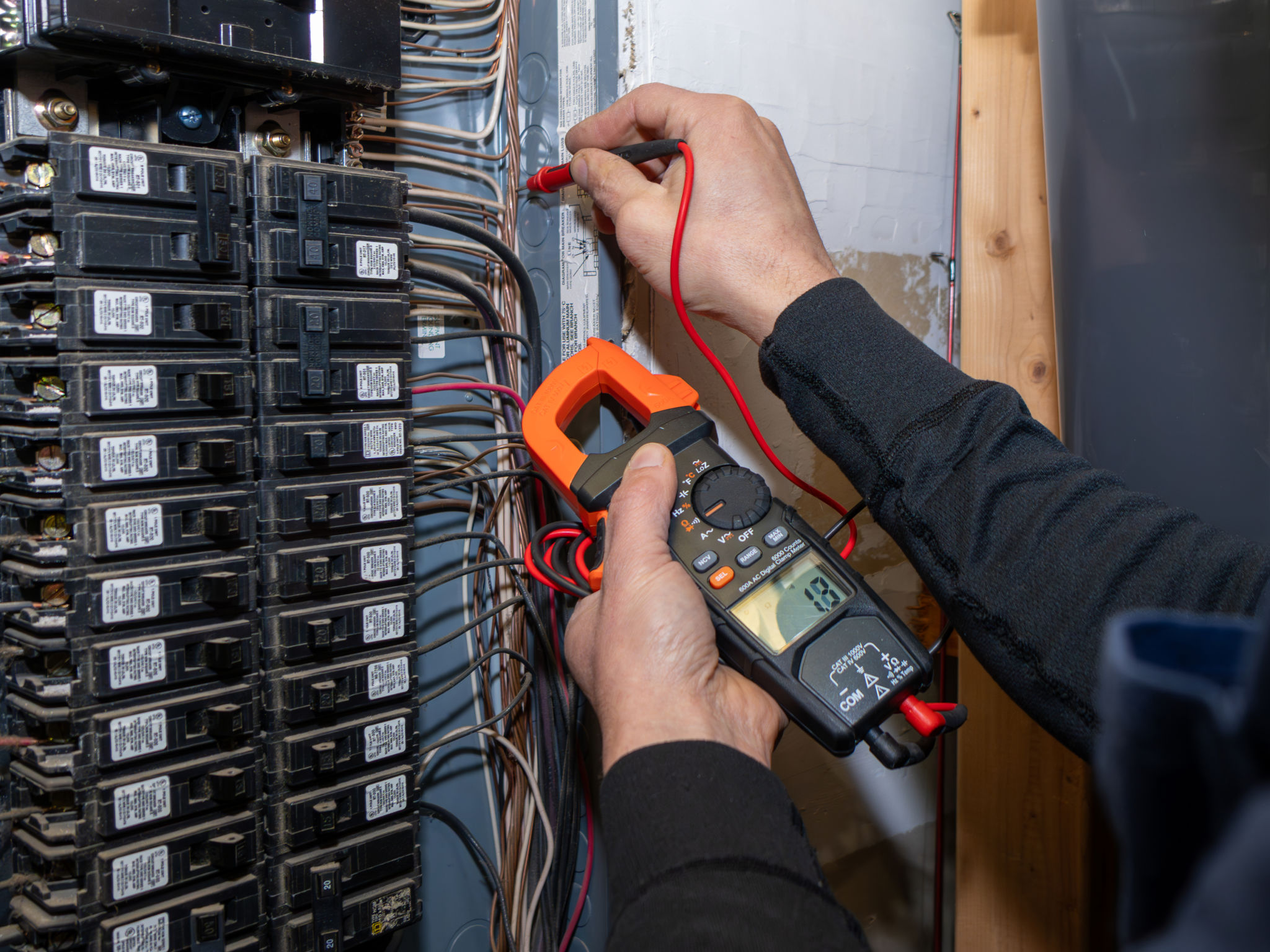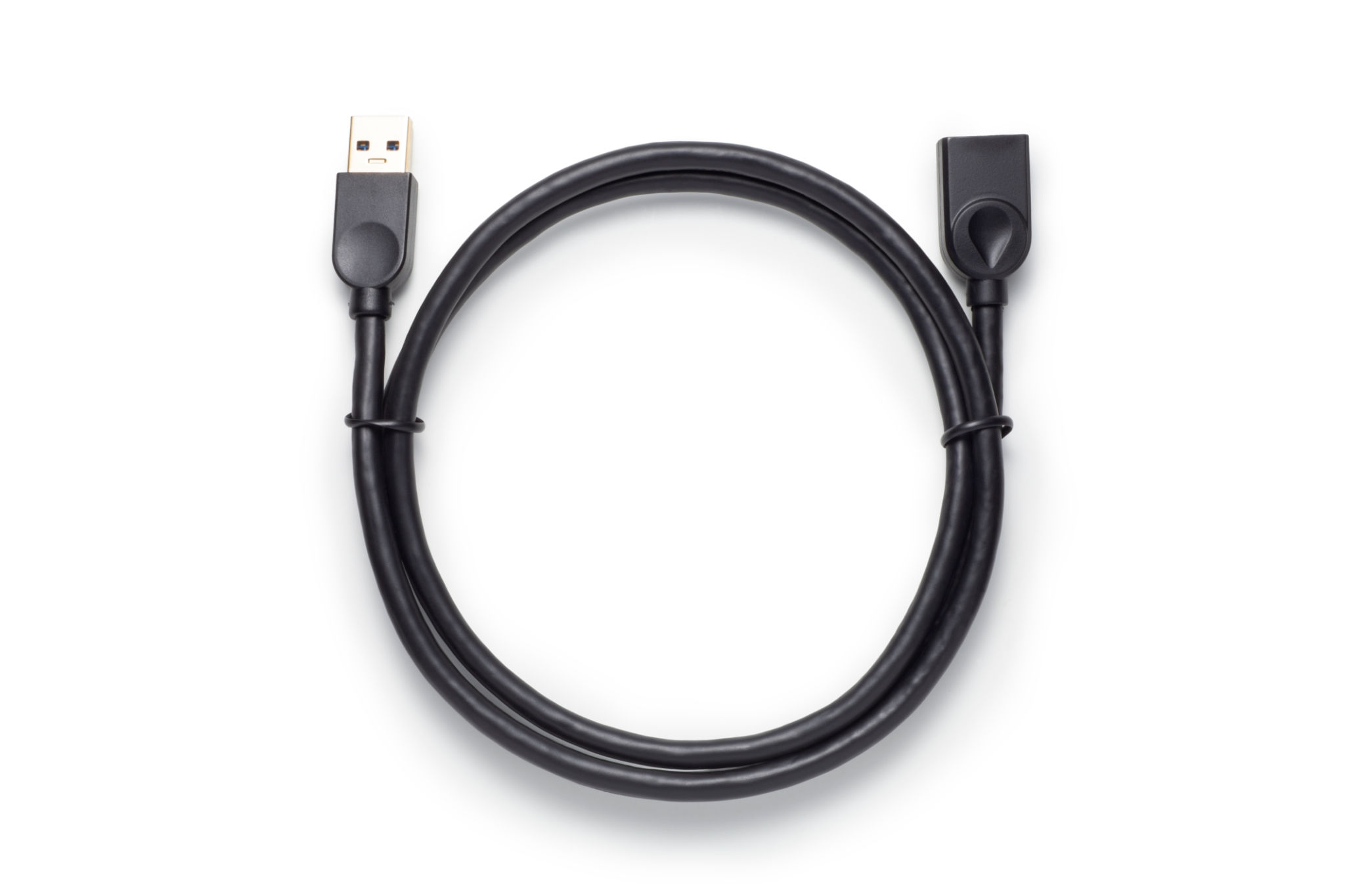Common Electrical Myths: What Every Homeowner Should Know
Understanding Common Electrical Myths
As a homeowner, it's crucial to be informed about the electrical systems in your home. However, there are several myths surrounding electricity that can lead to misunderstandings or even hazardous situations. Let's debunk some of these common myths and provide you with the facts you need to keep your home safe and efficient.

Myth 1: A Tripped Circuit Breaker is Always a Bad Sign
Many homeowners panic when they experience a tripped circuit breaker, fearing it indicates a significant problem. However, circuit breakers are designed to trip as a safety measure. They protect your home's wiring from overheating due to excessive current. If a breaker trips, it could simply mean that you've overloaded a circuit by running too many appliances at once. Resetting the breaker and reducing the load usually resolves the issue.
It's essential to understand that while an occasional trip is normal, frequent trips could indicate a more serious problem that needs professional attention. Don't hesitate to consult an electrician if this occurs.
Myth 2: Extension Cords Are a Permanent Solution
Extension cords are incredibly convenient, but they are not meant to be a permanent wiring solution. Using them long-term can pose several risks, including fire hazards. Overloading an extension cord can cause it to overheat and potentially ignite.

If you find yourself relying on extension cords frequently, it's time to consider installing additional outlets or upgrading your electrical system. This not only enhances safety but also increases convenience and efficiency in your home.
Myth 3: Electrical Tape Fixes Everything
Electrical tape is often seen as a quick fix for various electrical issues, from frayed wires to loose connections. While it can temporarily insulate exposed wires, it is not a long-term solution. Relying on electrical tape for repairs can lead to serious safety hazards, including electrical fires.
- For any exposed wires or damaged cords, it's best to replace them entirely.
- If you encounter any electrical issues that seem beyond your expertise, always consult with a licensed electrician.

Myth 4: All Light Bulbs Are the Same
Not all light bulbs are created equal, and using the wrong type can be dangerous. It's vital to use bulbs that match the wattage rating specified for your fixtures. Installing a bulb with too high a wattage can cause overheating and potentially lead to a fire.
With advancements in lighting technology, consider switching to LED bulbs. They are energy-efficient, have longer lifespans, and generate less heat compared to traditional incandescent bulbs.
Conclusion
By debunking these common electrical myths, homeowners can make informed decisions about their electrical systems. Understanding how your home's electricity works and recognizing when professional help is necessary can ensure safety and efficiency in your household. Remember, when in doubt, always consult with a qualified electrician to address any concerns.
